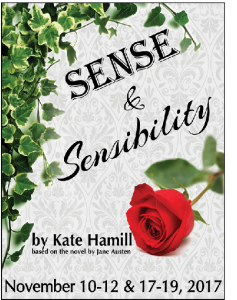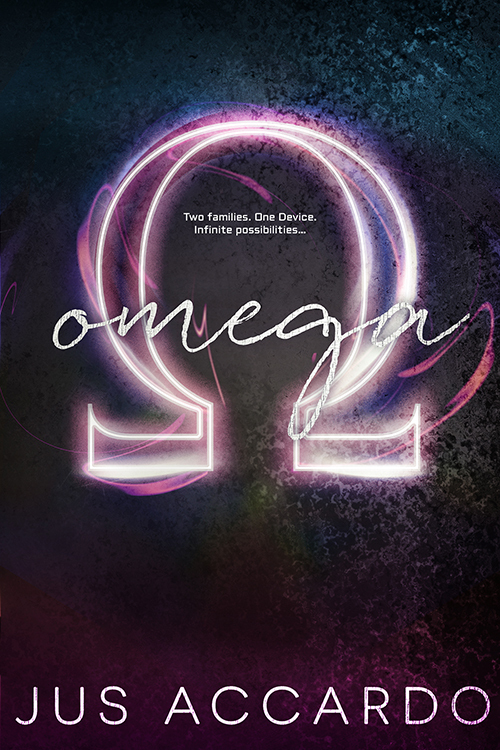

I wanted to share some good francophile reads with you:
A Train in Winter: An Extraordinary Story of Women, Friendship, and Resistance in Occupied France, by Caroline Moorehead, is the account of women members of the French Resistance who were caught and sent to concentration camps. Many died in the camps, but those who did survive that torment did so in no small part because of the strength they found in their friendships. The book is meticulously researched, based on both original materials, archives, and interviews with the survivors. You will be deeply moved.
Lovers at The Chameleon Club: Paris, 1932, by Francine Prose, is an intricate work of fiction that is based on many factual events. The story of Lou Villars, a cross-dressing, lesbian race car driver, turned Nazi torturer, is told through what purport to be letters, memoirs, and a biography written by people who were habitués of the Chameleon Club, a Paris night spot for all sorts of people on the fringes of society.  The elaborate plot is even stranger for the fact that Lou Villars is based on Violette Morris, who features in a photo by Brassaï, known as “Lesbian Couple at Le Monocle, 1932.” Morris/Villars was a guest of Hitler’s at the 1932 Olympics and even disclosed where the Maginot line ended, thus leading to the rapid invasion of France by German forces.
The elaborate plot is even stranger for the fact that Lou Villars is based on Violette Morris, who features in a photo by Brassaï, known as “Lesbian Couple at Le Monocle, 1932.” Morris/Villars was a guest of Hitler’s at the 1932 Olympics and even disclosed where the Maginot line ended, thus leading to the rapid invasion of France by German forces.
The sense of verisimilitude is heightened by all of the other characters in the story who are based on real people (Brassaï is doubled by an Hungarian photographer, an American novelist is based on Henry Miller). Each person’s contribution to the tale is told in a distinctive “voice.” How could someone go from an Olympic hopeful and an intensely nationalistic French woman to a torturer of her fellow Parisians? Where does evil come from? What is truth and who owns it? It’s an incredibly complex novel, a bit like trying to see a clear reflection in a mirror that has been broken and glued back together. And since Lou’s story is always told be someone else, the questions remain unanswered. It’s a most unusual and cleverly written book.
Bonne lecture! (Bun lek-tuur) means “Happy reading!” Enjoy!
Advertisements Share this:




